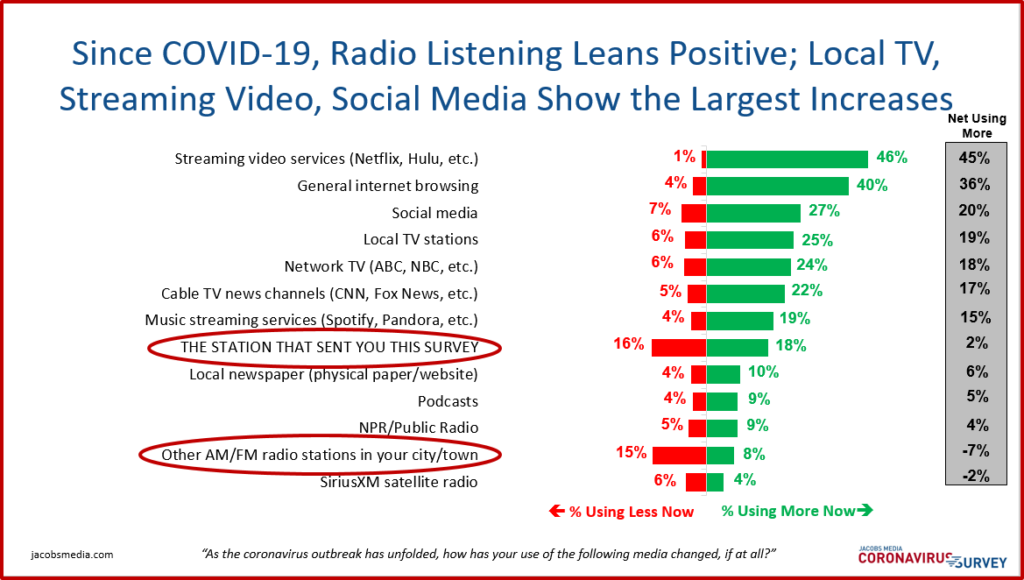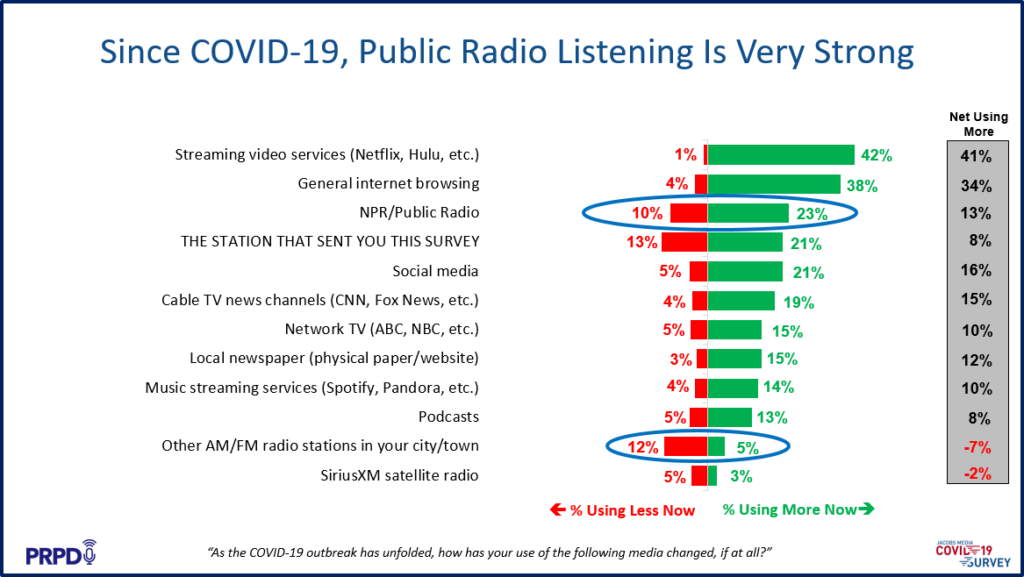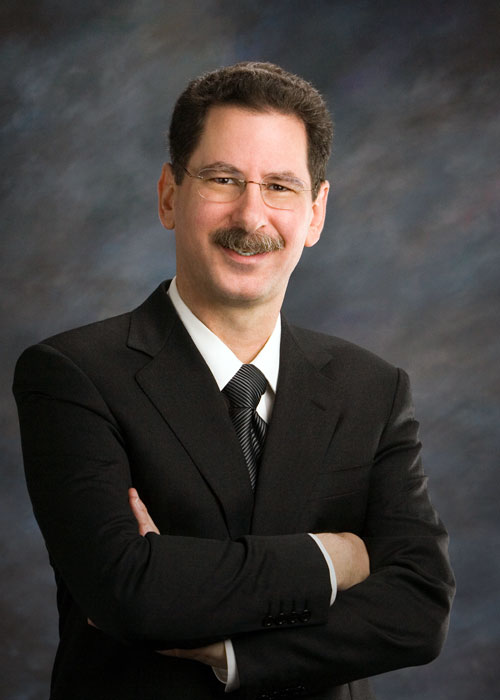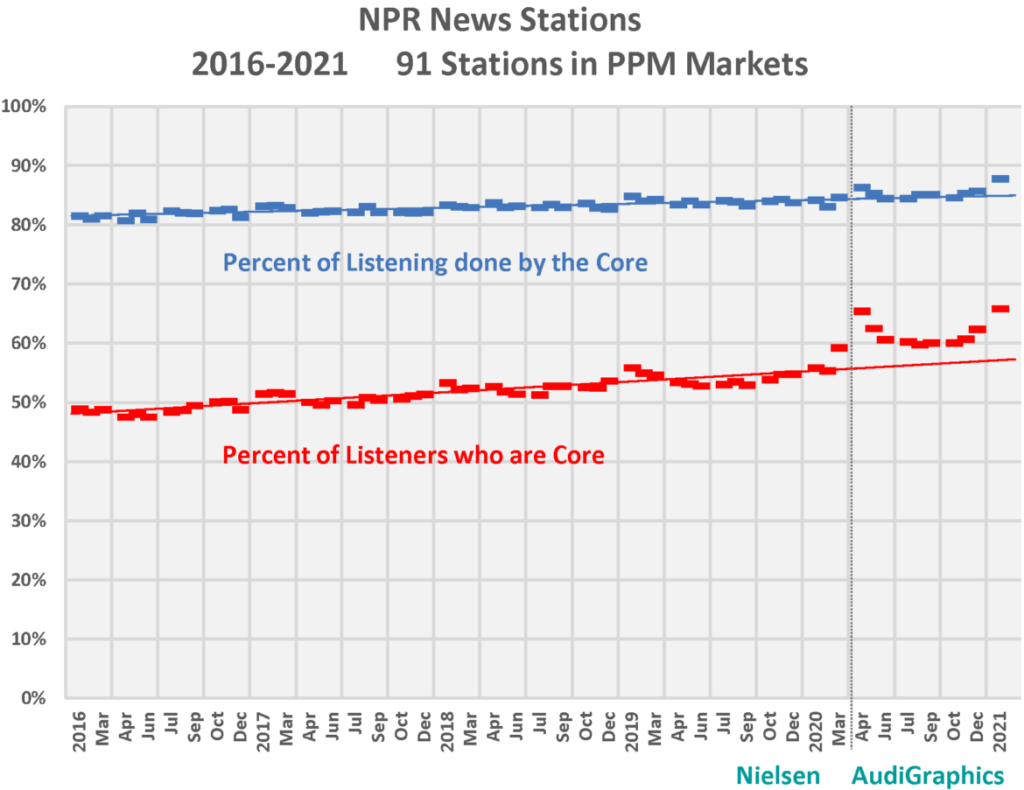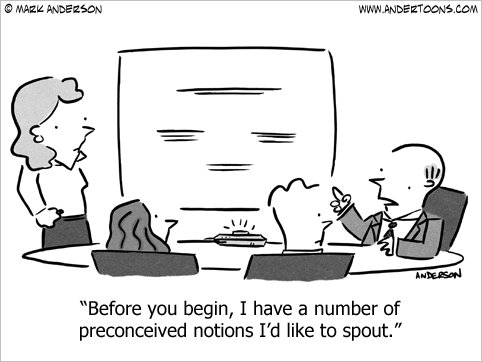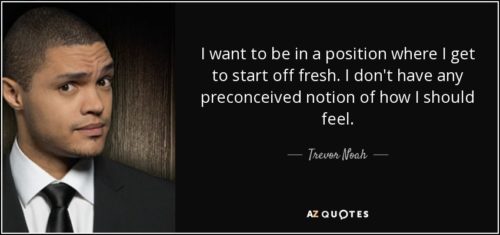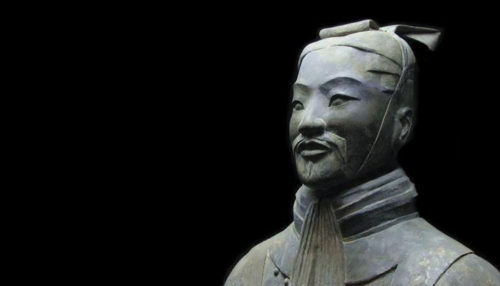You may find yourself depressed when you pay attention to news reports in our newly forming iWorld. Smartphones, anything Apple makes, Pandora, and the Internet in general are allegedly conspiring to murder our beloved old fashioned radio medium. And network TV. And newspapers. Maybe my head is in the sand, but I don’t believe it. That’s not to say we shouldn’t adapt, modernize, and even lead iWorld changes. Many radio stations are, and Christian radio is perfectly positioned to lead the charge going into 2011.
You’re already likely doing a number of things right: things that even listeners to non-Christian radio want more of. Take a look at the Alan Burns Radio deep dives into AC, CHR, and Morning shows from this summer at http://www.burnsradio.com/HereSheComes.aspx for proof. When thousands of women who listen to mainstream CHR were asked what they value, what’s important to them, they put Family, Relationships, Understanding Themselves, Education, and Music at the top. When these 18-34 year old women were given choices, they picked “Helping Others” over “Hollywood Celebrities,” “Taking Care of the Environment” over “Shopping,” and “Saving Time” over “Sex.”
Yet when you tune to your market’s 18-34 targeted stations, do you hear them focusing on things today’s young adult women value most? Doubt it. You probably hear a lot of network TV rehash, lots of Hollywood dirt, and pervy DJ’s overdosing on any sexual pun or angle they can find. I’m not passing judgment on them here. They actually want the same thing most of us want: the largest possible audience. Most of them have probably been told that lowest-common-denominator topics revolving around sex and tabloid trash are the easiest paths to success.
I contend that as long as they believe and act on those assumptions, they’re leaving a lot of listeners on the table. Those listeners will eventually tire of radio as a medium, leading to our demise. Or, Christian radio will be packaged in such a high quality, compelling manner that WE will snag some of those ears. Maybe most of those ears!
Yes, most. “But, Mike,” you might say to me in person, “Christian radio can only grow so much before we max out. Because, let’s face it, being Christian is a very niche’ thing.” Except that it isn’t. The Pew Forum says nearly eight out of 10 Americans claim to be Christians. (http://religions.pewforum.org/reports). Which begs the question from some: “Why doesn’t my Christian station have an 80-share then?” That question assumes all your market’s Christians should naturally have an affinity for AC music (since that’s all CCM radio is known for in most of the Country). (Shame on any Christian who might like a little energy, novelty, fun, youth, twang, Rhythm, whatever, with their music.)
Also, out of those eight-out-of-ten Christians, how many of them are passionately proactive in their Faith? Since many agnostics and atheists know more about the life of Jesus than His active followers, not everyone (or even a majority) of that 80% clearly fall into being passionately proactive. (http://religion.blogs.cnn.com/2010/09/28/dont-know-much-about-religion-youre-not-alone-study-finds/?hpt=C1) Our spiritual ignorance is our own fault. Christian culture at large, and even many of our “safe for the family” radio formats, have softened Jesus to the point of irrelevance. And our future potential listeners see right through it. The book “Almost Christian” tells us about teens that want to have “steak and potato” talks about spiritual matters, while the Christian culture elements they’re surrounded by continue to “serve cake.” (http://articles.cnn.com/2010-08-27/living/almost.christian_1_teens-share-moralistic-therapeutic-deism-dean-talks?_s=PM:LIVING)
What we have here, when you add up these things: Secular radio alienating its own audience….80% of them with Christian-leanings….combined with your station already focused on things those people care about…..combined with a majority of culture being open to the real Jesus….combined with them being hungry to talk about Him in deep and meaningful ways….adds up to: a huge opportunity for you to have a deep, significant, market-leading relationship with today’s generation. (Although I’m sure these stats aren’t limited to the under-34 crowd; it just happens to be my area of passion and focus).
This isn’t a license to return to Christian radio approaches from decades ago where you open up the mic and pontificate on King James Scripture. Or where you have to find a mandatory “God angle” on every song you backsell or every promotion you cook up. Those tactics are what gave all things CCM-related such a bad rap for such a long time. Instead, I’d say that you should simply let your relationship with Him breathe in and out through your radio job just as it does in your real life. Unless you’re a judgmental, irrational, pharisaical person of course. I kid, I kid! OK, I only half kid. If you’re one of those “bad Christians who happens to good people,” then yeah, maybe being totally authentic isn’t the right approach. Unless you’ve recognized your issues and aren’t afraid to publicly, humbly work them out.
This is a license to keep doing what you do already for the most part, and encouragement to make it more fun and engaging for those Christians in your market who haven’t been tantalized by your station yet. Radio isn’t dead, and won’t die in 2011. The new Edison Research report on 12-24 year-olds finds that they still spend more time with radio than they do with many other things. We’re #3, in fact. But don’t get happy about being #3. We were #1 just 10 short years ago. Since 2000, the time we get per week from 12-24’s has been chopped in half. (http://www.edisonresearch.com/Edison_Research_American_Youth_Study_Radios_Future.pdf). To decline at the same pace would leave radio devastated by 2020.
But you, yes, YOU, can do plenty about that. And you should. iWorld or not, it’s your Biblical calling. See First Corinthians 15:58 and Colossians 3:23.
Mike Couchman is Program Director and Afternoon DJ for WAY-FM’s Colorado network. He’s also heard on WRBS/Baltimore, WAYK-G/Grand Rapids, MI, and WHMX/Bangor, ME). Contact Mike waymike@gmail.com






